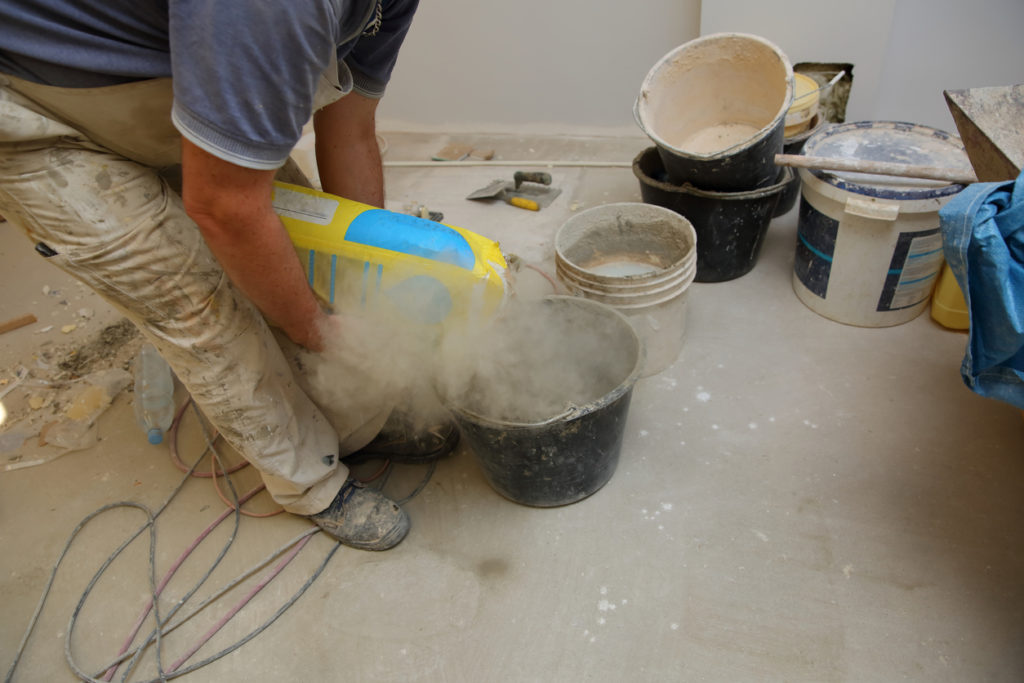Silicosis Lawsuits
Get Help From a Silicosis Lawyer
Understanding silicosis, interstitial lung disease, and pneumoconiosis.
Get a free case evaluation now at 855-212-3178. There is no cost and no obligation.
If you or a loved one have been diagnosed with silicosis, interstitial lung disease or pneumoconiosis, you will have many unanswered questions. What does the diagnosis encompass? What will the future hold for you? What about your family?
What is silicosis?
A diagnosis of silicosis means that your lungs were exposed to crystalline silica. Crystalline silica looks to us like dust, but in fact, it is millions of sharp crystals that become airborne due to grinding, cutting, chipping or drilling things like concrete, sand, granite, quartz, glass or most any type of rock. The American Lung Association describes silicosis as “a lung disease caused by breathing in tiny bits of silica, a mineral that is part of sand, rock, and mineral ores such as quartz. It mostly affects workers exposed to silica dust in occupations such as mining, glass manufacturing, and foundry work. Over time, exposure to silica particles causes scarring in the lungs, which can harm your ability to breathe.”
Exposure to silica is completely preventable. We need to ask more questions about your exposure so we can conclude when and where your exposure occurred.
Are there different types of this disease?
Silicosis is generally separated into three different types; Acute, Chronic And Accelerated.
With acute silicosis, the lungs have become inflamed from a short, potent exposure and the damage can cause the lungs to fill with fluid. Symptoms include severe shortness of breath and low blood oxygen levels which make a person have a cough, fatigue and sometimes weight loss within a few weeks or years of inhaling the dust.
Chronic silicosis is when exposure (even low levels) but over time. Typically this is when it appears 10 – 30 years after inhaling the dust and it has caused swelling (sometimes scarring) in areas of the lungs and chest lymph nodes which makes breathing difficult.
Accelerated silicosis is when swelling in the lungs occurred quicker than in chronic silicosis.

Quick facts about silicosis.
Can it be cured?
Although Silicosis is preventable, there is no cure. Treatment options include support with oxygen and similar devices.
Is silicosis deadly?
Yes. Because nearly 2 million US workers are exposed to silica, prevention is of utmost importance. The American Lung Association estimates that over one hundred (100) deaths occur each year in the U.S.
Is there a statute of limitations around getting compensation?
There is a statute of limitations that will cap how long you have to make a claim. Talk with a lawyer for silicosis to learn more.
What jobs can cause silicosis?
In general, any job that produces rock dust can expose you to silica dust. The most common jobs that we see silicosis cases arise include:
- Concrete cutting/sanding
- Rock Crushing
- Sandblasting
- Masonry
- Granite/countertops
- Glass sanding and glass manufacturing
- Tile cutting
- Ceramic work
- Steel industrial work
- Quarry
- Stone cutting
- Mining
- Tunneling
Why do I need a lawyer for silicosis?
When you are facing, pain, suffering, medical expenses, lost income, or death of a loved one because of silicosis, interstitial lung disease or pneumoconiosis, you very well may have a claim. All too often, corporations put their profits ahead of warning you and other workers about the potential dangers. Some companies who manufactured your safety devices may have intentionally cut corners causing what you are going through. Others did not offer training or warnings. If so, your only recourse may be to pursue legal action.
Here’s what to do next if you’re worried about silicosis.
- Call and schedule a free consultation with an experienced attorney.
- An experienced attorney will speak with you and provide options without obligation or charge.
- There will be no charge unless you receive financial compensation.
You don’t have to handle this alone.
